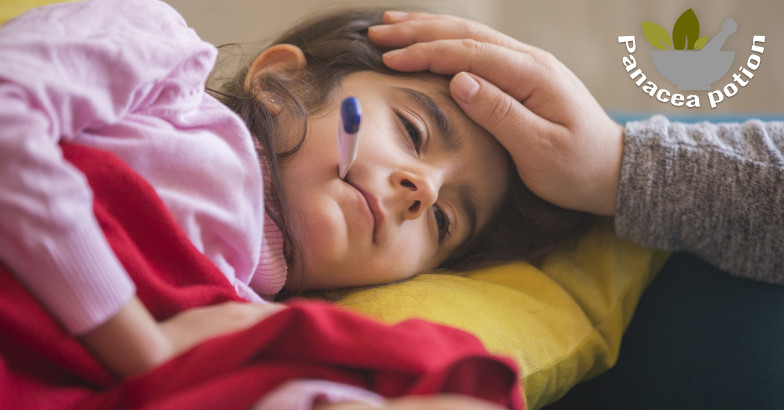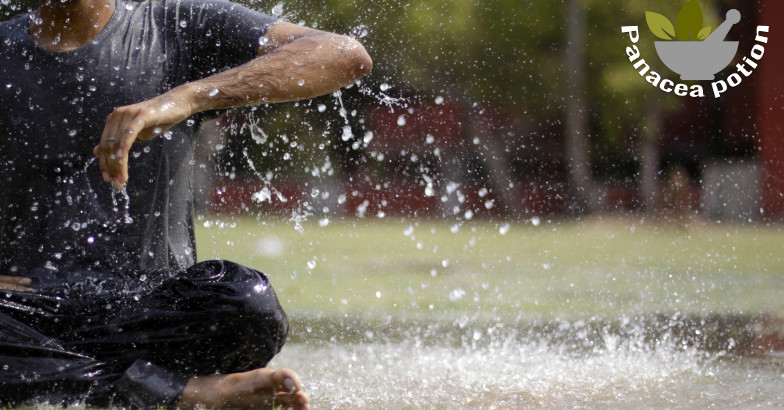Many people begin steam inhalation at the slightest hint of fever or cold. This is common during the monsoon season. Although one experiences some relief through steam inhalation, in reality the flaws in the methods of doing so often affects a person's health adversely.
In Ayurveda, this is the procedure of heating up the body to ensure a certain degree of perspiration after applying oil or ointment on the entire body. Most people wrap the head and body with a blanket and treat the face and chest area with steam when faced with problems like cold, fever, throat pain, continuous sneezing and heaviness in the head. This is no different from steam treatment on the entire body. However, mixing certain medicines and several such items in water and inhaling steam for long will do more harm than good.
Balms not needed
There are many things to note when taking steam inhalation. This should not last for more than five minutes at the most. Take care to ensure that the steam does not entire you eyes. Tie a wet cloth above the eyes. Ayurveda says that lotus petals can be used for this purpose. Balms which are externally used for headaches and other health issues should not be mixed in ater used for steaming. Instead use basil leaf, eucalyptus or lotion. Thrithav, inchipull, ramacham, panikoorkka and chomakoorkka are also good. There is no particular use in adding salt to the water used for steaming.
Vaporisers
Vaporisers working on electricity are available in the market for steam inhalation. Various models come in prices ranging from Rs 140 to Rs 550. Those who use vaporizers must keep these in mind:
1. Fill or remove water or open only after turning it off.
2. Use on a firm surface.
3. Never use salt or other hard water.
4. Do not add other substances to increase the quantity of steam.
5. Do not operate the vapouriser in a dry condition.
6. Keep the instrument away from children.
(With author works at the International Ayurvedic Research and Training Centre, Kanjoor, Kalady)







